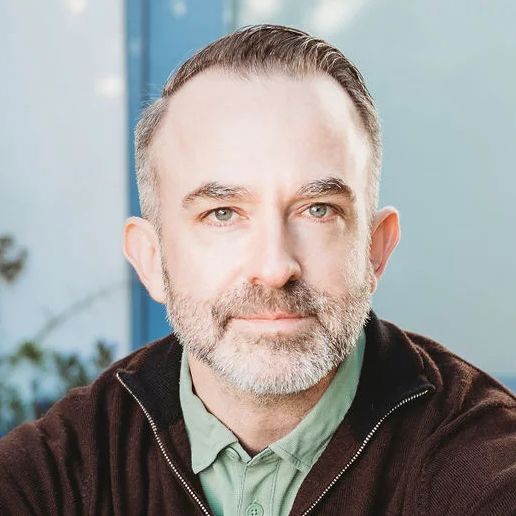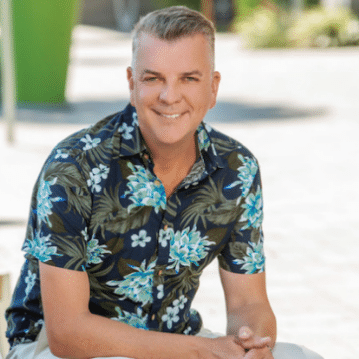With the right resources to draw on, Charli quickly realized she felt more equipped to help the growing population of patients who had left their jobs in search of more-fulfilling careers:
“Right now, that’s been such a strong population for me of people who are retraining. How do we teach them resiliency? How do we teach them how to self-assess and see what their strengths are?”
“It’s really about identifying the strengths of that client who’s also an oncology patient. And building those strengths and teaching them to be patient and active, meaning learning how to self-advocate, why they can do it, and how to help them do it through some of these tools.”
Charli even feels it has opened up a new niche for her in the vocational space, fueled by referrals from clients she has helped: “The client who referred this (new) client to me said, ‘The tools she gave me I still use.’ Hearing that felt great.”
Her new tools are also valuable to Charli as a therapist. As her focus on helping others discover their strengths, resilience, and purpose has increased, so has her positive impact on another important subset of patients: those struggling to cope with grief.
“Again, (it’s about) identifying strengths, really. And identifying things in the past that got them through some pretty tough things. Finding meaning. In the face of disease, especially if it’s chronic, there are tools. We can reframe this. There are tools within the positive psychology realm that we can utilize.”
It was important to Charli that her tools are science-based without feeling “clinical,” which her clients have been quick to appreciate: “When you get positive feedback from clients going, ‘Oh, I noticed the branding on the bottom. Do you use that a lot?’ And then that generates more of a discussion about why this evidence-based science is so effective.”
Having evidence-based tools that matter to a very large population has given Charli a lot more confidence about applying positive psychology to build emotional wellbeing. And the results aren’t just visible to her.



